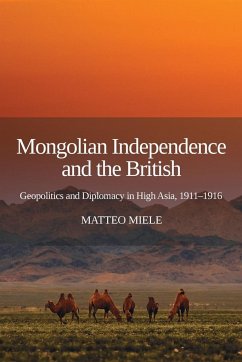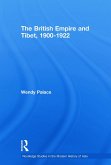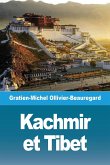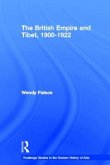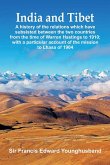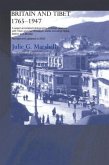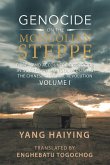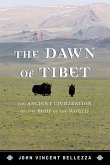This work focuses on some High Asian diplomatic, geopolitical and trade issues, from the point of view of the British Empire, in the period between the last phase of the Ch'ing dynasty and the early years of the Chinese Republic. In particular, the significance for the British of Mongolian independence in the geopolitical dimension of Tibet will be analyzed within the framework of the international equilibrium system that had originated from the Anglo-Russian Agreement of 1907. The geopolitical role of Tibet, whose peaks represented one of the great geographical defenses of the British Raj, was in fact necessarily called into question by the fall of the Ch'ing Empire and by the declaration of independence, at the end of 1911, of Mongolia, a country strongly linked for religious, cultural, and historical reasons to the Land of Snows but connected for political and economic reasons to Russia. The research, therefore, reconstructs the British attempt to use the relationship between Outer Mongolia and Russia to its advantage, in a sort of exchange necessary to make Saint Petersburg accept the Simla Convention of 1914 - finally signed by the British and Tibetans without the Chinese - and which came into conflict with what had been decided between the Russians and the British in 1907. As it was possible to study through archival documents, largely preserved in The National Archives, London, Kew, the Foreign Office could not find an agreement with Russia on this basis alone, but through a much broader diplomatic negotiation that has, therefore, been reconstructed in detail.
Hinweis: Dieser Artikel kann nur an eine deutsche Lieferadresse ausgeliefert werden.
Hinweis: Dieser Artikel kann nur an eine deutsche Lieferadresse ausgeliefert werden.

